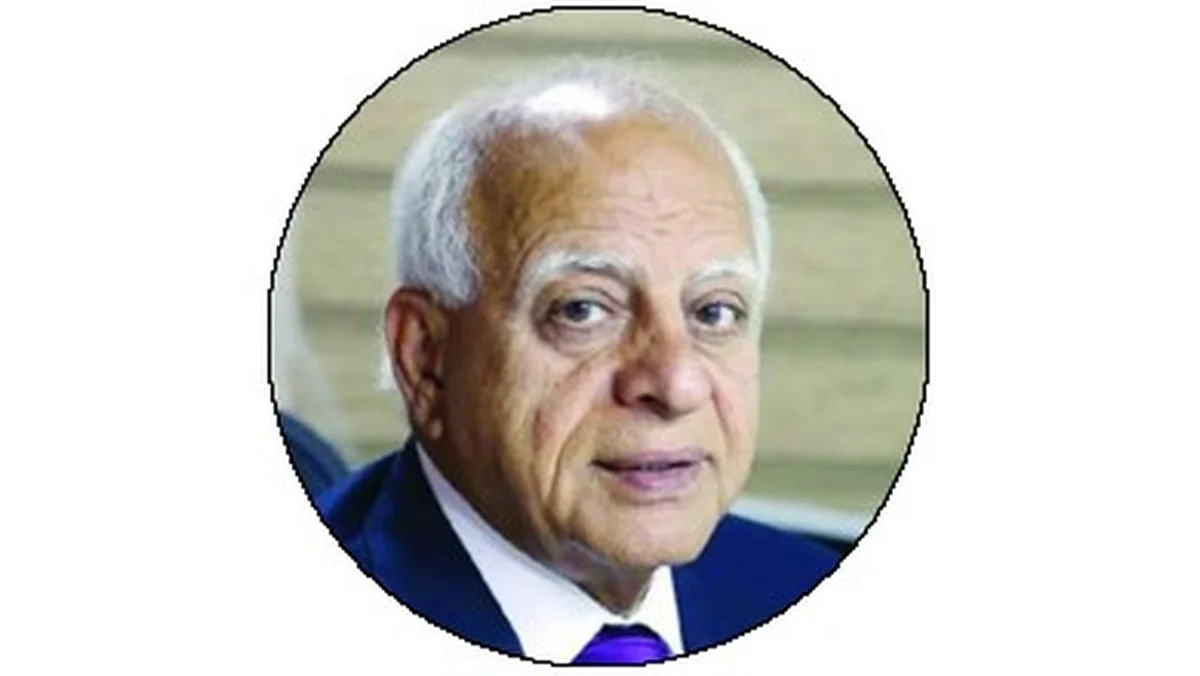04/11/2024
04/11/2024
I believe in absolute freedom for individuals, bounded only by the law. Yet, such freedom demands a robust understanding of the law, as well as an awareness of boundaries -- what one may or may not do or say. Absolute freedom without knowledge or cultural grounding is counterproductive, particularly for societies that lack education or sophistication.
Freedom, then, requires a certain level of cultural and intellectual maturity to be used constructively rather than misinterpreted or abused. Personal freedom, in this way, forms the cornerstone of societal progress, stability, and innovation. It may not guarantee security or prosperity, but it is vital to individual fulfillment -- more essential, even, than many combined comforts. This importance of freedom becomes clearer when we reflect on choice. If a prisoner were offered a range of material and moral comforts alongside the option of freedom, most would likely choose freedom, with exceptions only for those who have never grasped its true essence.
In societies shaped by slavery or communist systems, the concepts of liberty and autonomy are often foreign. Many slaves, particularly in historical contexts like America and the Gulf, were so accustomed to dependency that they chose to remain with the families who controlled their destinies even when freed. For them, this was the life they knew and found comfort in. Some might argue that the dynamics of freedom observed around the world do not apply to a country like China, ruled by a communist party yet home to highly creative, productive people.
However, China remained economically and socially behind for nearly half a century. Only in the last thirty years, when the ruling party adopted policies of economic openness, expanded individual freedoms, and moved away from rigid ideology, did China begin to rival developed nations. Each increment in freedom coincided with greater individual creativity and innovation. I have visited China several times over the past three decades for business and observed this transformation first-hand. History offers further examples.
Germany’s democracy in the 1930s facilitated the rise of both the Nazi Party and, later, Chancellor Adenauer, whose leadership drove the postwar “German miracle.” This reflects the potential of free and progressive societies to chart their destinies, whether for good or ill. While democracy may not always fit specific times or contexts, it generally adapts well to varied circumstances. However, any prosperity a democratic system might offer is diminished if freedom is absent. Material wealth alone does not satisfy people indefinitely; they eventually crave the freedom of speech, movement, thought, and action.
The Soviet Union and its bloc serve as an instructive example of this pattern. India provides another perspective. For decades, it was among the poorest and most populous countries in the world, yet it remained committed to democracy.
Over time, India’s democracy took root, ultimately emerging as the foundation of its growth and resilience. Today, it stands as one of the world’s fastest-growing economies, providing stability and security to large segments of its population without sacrificing democratic principles. This journey of perseverance underscores that India’s success is directly tied to its commitment to freedom and democracy.
In contrast, nations riddled with hatred, bigotry and regional or religious strife remain ensnared by poverty, disease and backwardness, even if they are rich in resources. This is because a nation’s true wealth lies not in its natural resources or industries, but in its people. Human potential cannot thrive without freedom, for only under conditions of freedom can people innovate and prosper. As our society considers constitutional amendments, we must remember that freedom is the highest investment in human capital. Freedom not only fuels creativity and progress but also lays the groundwork for a society that is stable, prosperous and fulfilled. I hope that those tasked with these constitutional changes will recognize the vital role of freedom as the bedrock of true advancement.
By Ahmad alsarraf
e-mail: [email protected]



